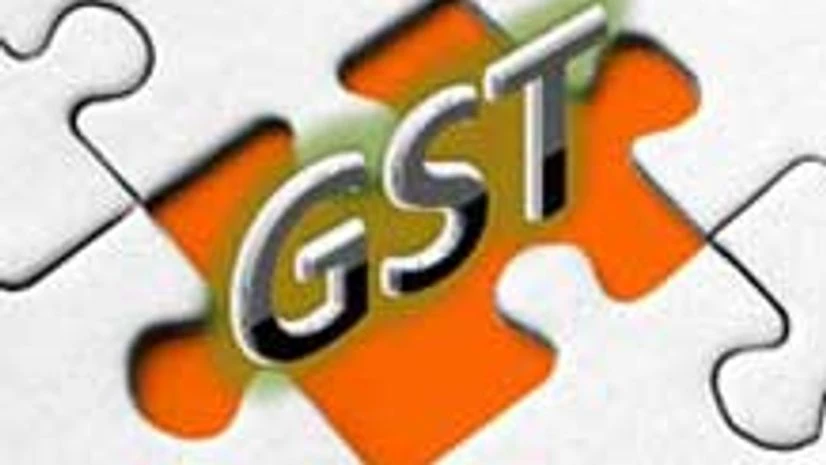While the Centre has agreed to compensate states for the three years 2010-11, 2011-12 and 2012-13 to the extent of 100 per cent, 75 per cent and 50 per cent, it made that for 2013-14 conditional on the roll-out of GST across India, those in the know said. Last month in Bhubaneswar, the Empowered Committee of State Finance Ministers had agreed on a phased roll-out of a GST, giving options to states whether to join or not.
On Thursday in a meeting between Finance Minister P Chidambaram and the committee, the Union finance ministry side said the compensation for CST cut in the coming financial year would be given if a schedule for a GST roll-out was readied in all the states, highly-placed officials said.
In a meeting with the committee last month, Chidambaram had said he was ready to work overnight and make GST a part of his Budget speech even if the states gave their consent just a few days before. Officially, committee chairman Sushil Modi, also Bihar’s finance minister, told reporters after the meeting on Thursday that Chidambaram assured the states on discussing options for meeting their demand for full compensation on CST loss for 2013-14 and another year till GST was introduced. "States were asking compensation for 2013-14 or a year more, if implementation of GST takes longer. Chidambaram has assured they will revisit it as well," said Modi.
States suggested the Centre give full compensation for these years or allow them to raise CST back to four per cent. "In the middle of 2013-14, we will discuss about these options," he said.
Agreement
However, the Centre and states agreed on broad contours of compensation to states for CST losses for the three years till 2012-13, amounting to Rs 34,000 crore. In the budget itself, compensation of around Rs 13,000 crore is likely to be announced for the year 2010-11.
Chidambaram met the state finance ministers after they arrived at a broad consensus on various issues over GST in the Bhubaneswar meeting last month.
Besides, there was an agreement on who will draft a model GST legislation, with the task entrusted with empowered committee. However, consultations will be made with officials of the Union government while drafting it, Modi said.
The Centre has already given some Rs 6,300 crore to states as compensation for the CST cut for 2010-11. States are claiming total compensation of Rs 19,000 crore and the rest might be given in this year's budget. "He (Chidambaram) will provide this in the budget," Modi said.
In the Bhubaneswar meeting, it was decided that the Centre would give 100 per cent compensation for 2010-11, 75 per cent for 2011-12 and 50 per cent for 2012-13. Modi said the compensation would be paid in a staggered manner because of financial constraints at the Centre. CST was cut to two per cent in phases from four per cent after state-level value added tax (VAT) was introduced earlier. CST is a tax on inter-state movement of goods and does not align well with either VAT or GST.
Taking forward agreements reached in the Bhubaneswar meeting, three sub-committees were notified to go into the issues of VAT on imports, inter-state GST, to thrash out issues of dual control by state and central agencies on tax payers, threshold and exemptions and to work out revenue-neutral rates and place of supply rules.
These three sub-committees will be headed by empowered committee member-secretary Satish Chandra and Union additional revenue secretary Rashmi Sharma.
Modi said a decision reached in Bhubaneswar to keep petroleum products within GST and outside a Constitution amendment bill, among other minutes, have been given to the central government. It was now up to Parliament's standing committee to decide on the issue.
The meeting also saw differences surfacing within states. For example, consuming states were not in favour of raising CST back to four per cent, while manufacturing states wanted this if full compensation was not coming till the time GST came. Also, Madhya Pradesh suggested there was no need to amend the Constitution to bring in a GST. However, all other states said it was needed Madhya Pradesh Finance Minister Raghavji was against the Centre encroaching into the taxing of sales, reserved so far for states in the Constitution.
West Bengal finance minister Amit Mitra and Gujarat finance minister Saurabh Patel raised the issue of fiscal autonomy.

)
